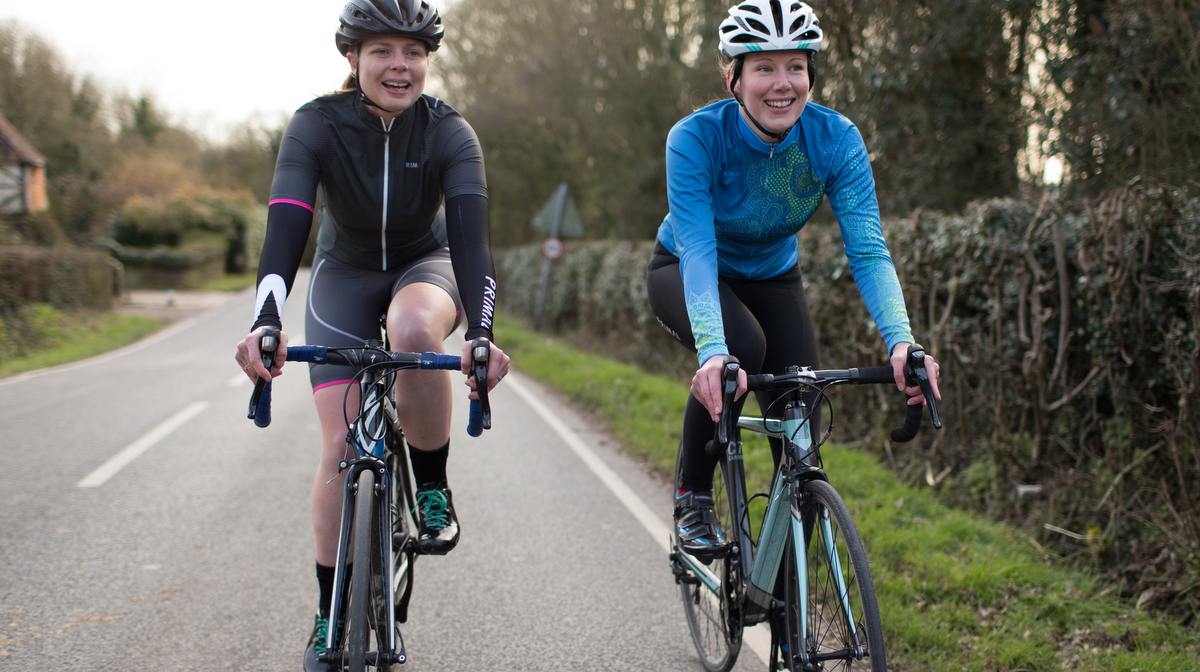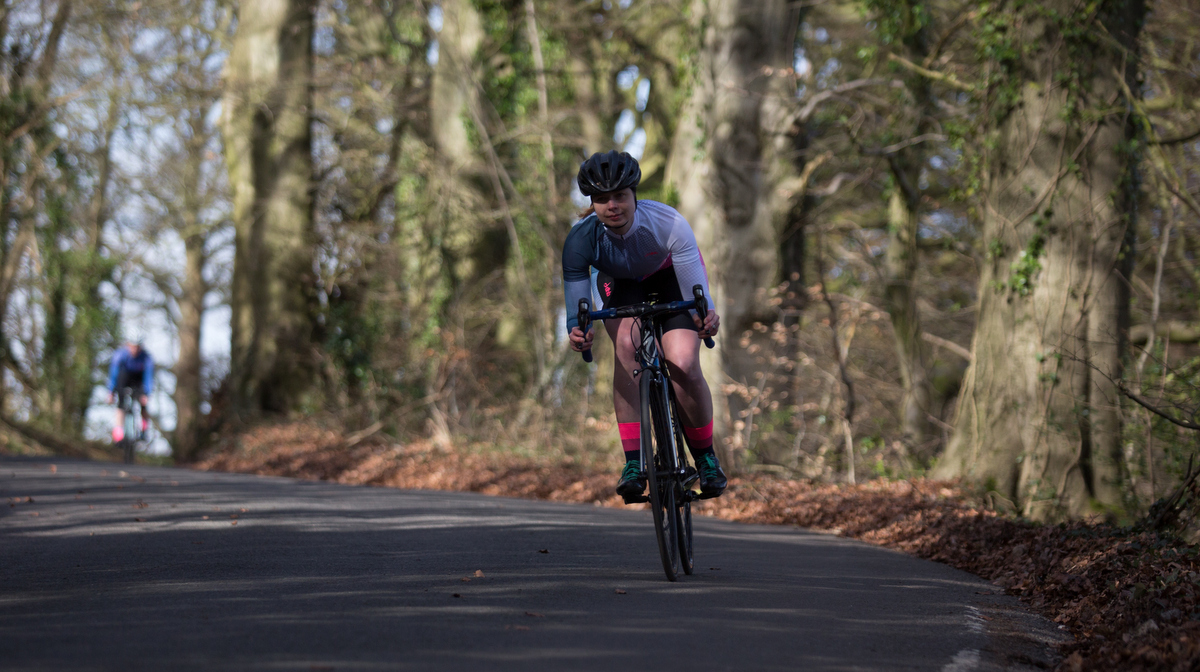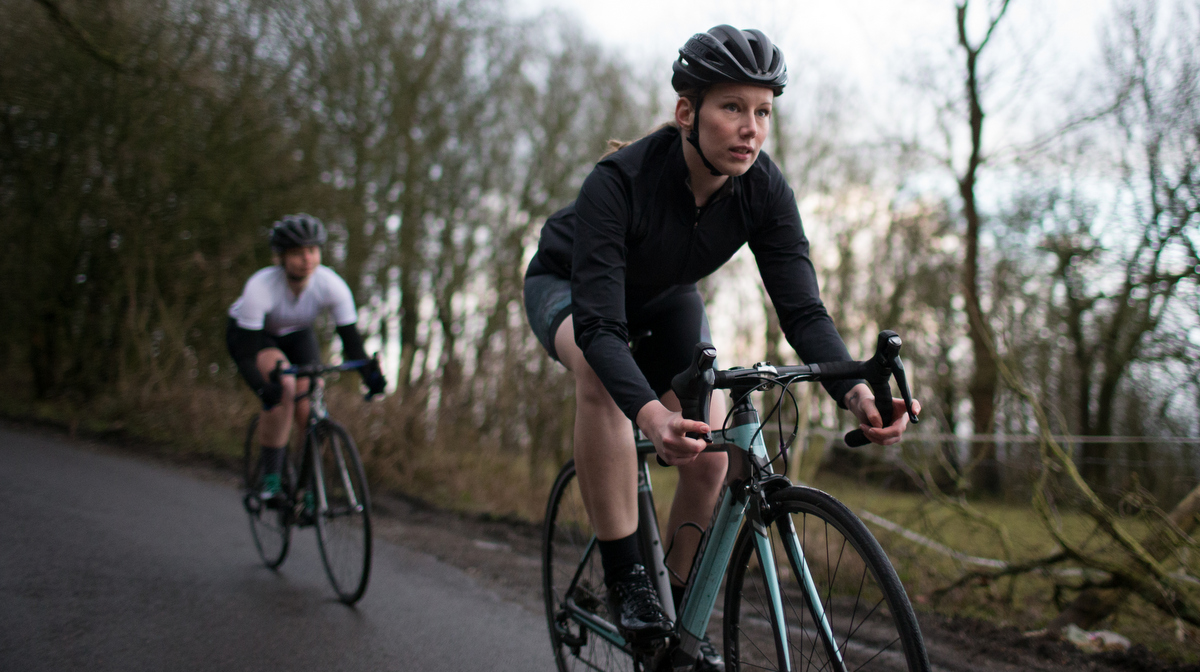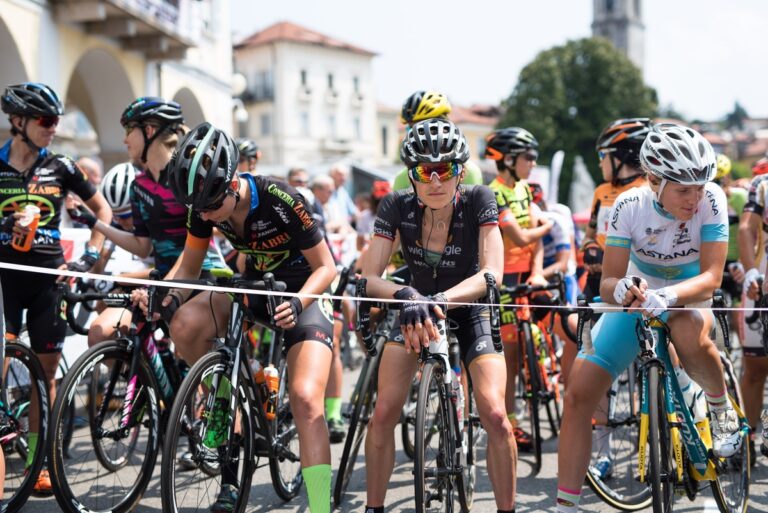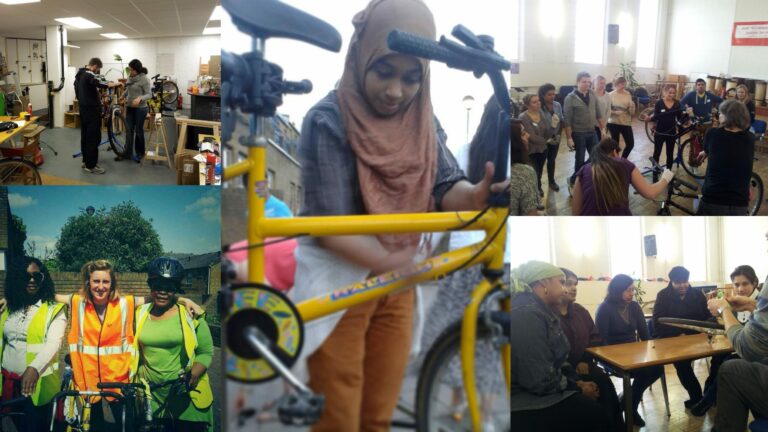A recent survey carried out by Women in Sport for British Cycling told us that negative thoughts on the bike are one of the key things holding women back.
In this case the survey referred to women avoiding challenge events and organised rides. Low confidence and self esteem were presented via a fear of not fitting in (not being lycra enough or skinny enough), fear of what would happen on the day (letting people down by being too slow) and simple ‘lack of confidence’ had its own category.
We don’t really need to carry out a survey to know women in cycling have a tendency to put themselves down. It might be an unpopular comment to make, but nestle into a group of female cyclists before a ride and it doesn’t take too long before you hear some overt self-depreciation. Organising group ride outs with women, I’ll usually hear “I’m really slow up the hills, will that be ok? Will I hold everyone up?” in the lead up, followed by reinforcement of the same before we set off.
I’m perfectly happy to admit that the ‘I’m not fast enough’ Gremlin has haunted me plenty of times. Speaking to Performance in Mind Sports Psychology Consultant Dr Josephine Perry for a recent article on battling the mental side of racing, she really struck a chord with me when she said: “The key element to help you overcome some of the mental barriers in racing is building confidence. If you are on the start line thinking: ‘I shouldn’t be here. I’m not as good as these girls’ then you will never feel like you have the right to chase them down when they make a break for it. You need to convince yourself you have just as much right to be racing and you are good enough to be there.”
So no, I’m not a pot calling the kettle black – I’m a pot noting my own shortcomings and suggesting we all stop being so damn pot-like. Whatever level we’re cycling it, it’s important that we embrace and love our cycling bodies and minds without feeling the need to constantly criticise and compare. And if we must compare, we should do so in a way that encourages us to look to reach new levels, instead of putting a ceiling on what we think we can achieve.


